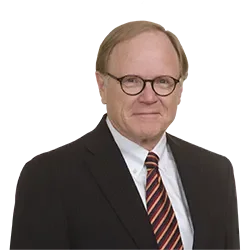Live Event
Annual NY Legal Update: The Top Employment and Labor Issues Affecting New York Employers
Thursday, October 16
- 7:00 AM PDT
We have reached maximum seating capacity for this event and registration has been closed. If you would like to be placed on a waiting list, please email Kellie Nurko.
This program is designed for in-house counsel and HR professionalsThis informative two-hour briefing will focus on new and expanding labor and employment laws affecting companies that do business in New York. Our interactive discussion will provide employers with practical tips on how to respond to these developments in their day-to-day operations so as to avoid legal issues.
This program will bring you the latest court, legislative, and regulatory activity that you need to know now, and will need to know in the coming months, including:
- New regulations governing mandatory sick leave under the New York City Earned Sick Time Act
- Accommodation requirements under the pregnancy discrimination amendments to the NYC Human Rights Act.
- Ever-expanding definition of concerted activity protected by the National Labor Relations Act for both non-unionized and unionized workers
- EEOC initiatives to limit the scope of releases and settlement agreements and some practical options
- Implications of these new developments for handbook provisions and employment policies
- New case law on arbitration agreements with class action waivers or shortened times for raising claims
- New class action threats: Fair Credit Reporting Act? Others?
- Ban-the-Box legislation – Coming in NYC?
- The good and bad news concerning the Wage Theft Prevention Act
Speakers
- Bruce Millman, Office Managing Shareholder, Littler Mendelson
- Jean Schmidt, Shareholder, Littler Mendelson
- David Wirtz, Shareholder, Littler Mendelson
- Edward Groh, Senior Counsel, Raymour & Flanigan
Register for this event by October 13, 2014.
Breakfast & Registration: 8:00 am - 8:30 am
Program: 8:30 am - 10:30 am
Location:
Convene Conference Center
810 Seventh Avenue
23rd Floor – Empire
New York, NY
Continuing Education: CLE credit pending approval and PHR/SPHR credit has been approved
Questions? Email Kellie Nurko or call (973) 848-4752


